
Alongside standard prescriptions, GPs in Shetland have begun handing out leaflets from RSPB Scotland. It's part of a drive towards incorporating nature and the outdoors into health provision. These 'Nature Prescriptions' are not meant to be a replacement for conventional treatments, but an addition to them.
Spending time outdoors is well known as an effective way to improve both mental and physical health, and some doctors have of course been suggesting hillwalking to their patients for years. But only recently has encouraging people to do so more widely started to look like official policy. If it proves a success, elements of the Shetland trial may one day be coming to a surgery near you.
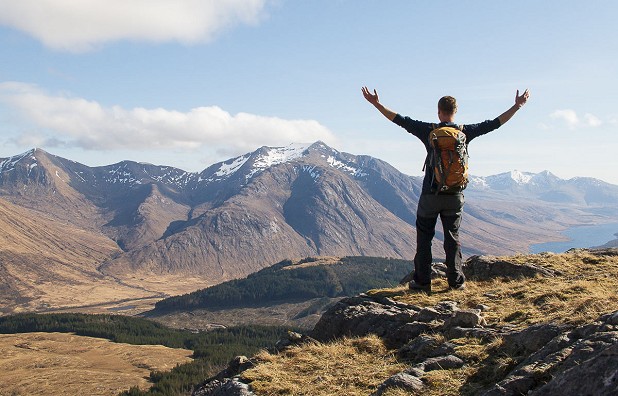
I visited my doctor as a 20 year old in a terrible state after enduring months being stuck in a horrendous job with an evil boss and feeling like I was trapped with no way out. The doctor listened to me, asked me what my interests were, gave me some advice and also pointed me in the direction of a few local hillwalking clubs as she thought the outdoors would do me the world of good. I did just as she suggested as I had nothing to lose, and absolutely loved it. I soon found a new job and took my new hobby of mountaineering very seriously. I gained lots of experience over time through outings with a few clubs, bought all the gear and then started doing my own thing. I've completed all the Munros, am halfway through them again and have hiked in the Himalayas, Patagonia and done lots of long distance routes in the Alps. 20 years on and I've never looked back. I just wish I could remember that doctor's name so I could go back and say thank you for what she did.
Five years ago I was on the edge of ending my life. Depression had taken over my life and I'd had enough. I eventually went to the doctor and asked for help and after some rounds of varied medication, my doctor suggested I went into the hills. She was a keen walker too so I took her advice and weaned myself off the medication I was on. I found I could breathe freely and started to rediscover myself. The hills had filled me with youth and confidence again. I then went on to walk up Ben Nevis every day for a month raising money and awareness online about how good the outdoors is for the mind...
Ten years ago I was given a year to live if I didn't stop drinking. I was self medicating to deal with depression and anxiety. I was also on prescription antidepressants, which I was addicted to as well. I have been clean of all medication now for nine years, and I am now a substance misuse support worker for an organisation called Hawkspring. I now take care of my mental health by hiking in the mountains of Wales and elsewhere in the UK. This is the only medication I now use to maintain my mental health.
The Shetland experiment
The RSPB leaflet given out to patients suggests a number of ways to 'nature your soul'. Readers might follow the course of a burn, it offers, or watch a maalie (fulmar) for three minutes. People could start bagging Shetland's 19 Marilyns, find a Wullie Whyte's candle (a curl of birch bark) on a beach, or simply drop their hood to feel the wind in their hair (it's Shetland - there's a lot of it about).
These are small prompts, subtle steers towards an appreciation of nature, locality and the outdoors that, it is hoped, might feed into healthier lifestyles and have a beneficial influence on mental health.
"We wanted to develop something that gently reminded people that they are part of the natural world and that invites them to go out and seek a personal connection" said RSPB Scotland Community Engagement Officer Karen MacKelvie.
Links are provided to local footpath information, group walks and family activities. In addition - and this is the bit that gives the project an overlap into hands-on healthcare - the leaflet includes a tick box for GPs to fill out. If something in the consultation suggests that a bit more nature may be beneficial to a patient, the doctor can 'prescribe' daily walks of varying distance and duration, from half a mile to three miles.
Dr Chloe Evans, a GP at Scalloway Health Centre, which is trialling this approach, said:
"I want to take part because the project provides a structured way for patients to access nature as part of a non-drug approach to health problems. The benefits to patients are that it is free, easily accessible, [and] allows increased connection with surroundings which hopefully leads to improved physical and mental health for individuals."
A full Nature Prescriptions Calendar of seasonal suggestions has also been drawn up. These include dozens of ideas, all of which might be easily achievable, but any of which could make a big difference to someone's mood and outlook on a given day. The connection to place is particularly striking. This could be nowhere else but Shetland.
In March, who wouldn't want to stand looking over the Loch of Belmont in Unst and listen to the pre-migratory courtship of calloos (long-tailed ducks) before they move north to their tundra breeding grounds? April, they say, might be the time to take the coastal route to the Broch of Burraland, while watching for the "wheel" of a neesik (harbour porpoise) in Mousa Sound. I feel a bit better just reading that.
Of course you don't need the wild shorelines of Shetland on your doorstep, or a decent hill, to benefit from getting outdoors. Even a walk in a local park will beat time spent in front of the TV.
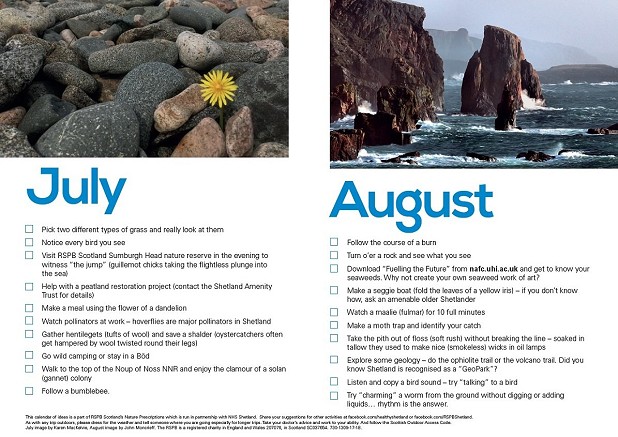
Karen MacKelvie says:
"[C]ontact with nature... can be used when treating Type II diabetes or depression or when recovering from operations, and it has been proven over and over again to provide relief from anxiety. Plus it's free and easily accessible to all. It makes complete sense to work with the medical profession to connect people with nature.
"A major part of the project is the partnership with the NHS. Recommending nature connection through the greater authority of our most trusted health professionals is bound to stick a bit better than coming from us alone. So we are really excited to be working in partnership.
"We thought closely about how it would work for GPs and we were very keen not to patronise anybody. I brought my knowledge of how GPs work to bear. In a time-limited environment we needed doctors to be feel backed up by the evidence base and then help them speak about connecting to nature using our expertise.
"We have found that most GPs, when they see the calendar, want to start ticking off the activities themselves - so that's been a good start. They are a group of people that generally make full use of nature for their own health and wellbeing, but sometimes struggle to recommend it to a patient.
"I think one of our best additions to the leaflet is the question 'Think of a time when you were little and felt a connection with nature'. Exploring what this means with a patient can often lead to a revelation that empowers someone to reclaim their relationship with the wild. I trained some doctors in the uses of Nature Prescriptions and asked them that question. There was one doctor I couldn't get to come down out of the tree he enjoyed climbing as an eight year old!"
In a sign of the growing recognition of the value of nature and green exercise in people's daily lives, policy makers in Scotland have established Our Natural Health Service, a national initiative which aims to complement conventional health provision by promoting and improving public access to the outdoors. The action plan, which is being led by Scottish Natural Heritage in collaboration with Forestry Commission Scotland, NHS Health Scotland and a range of other national and local organisations across environment, transport, sport, education and health sectors, aims to use nature and the outdoors to improve outcomes and reduce health inequality.
It is recognised that making more use of local green spaces and natural places can help guard against and manage key health issues such as coronary heart disease, stroke, type 2 diabetes, obesity and dementia. Access to the outdoors is also acknowledged to have a beneficial effect on mental health issues such as depression.
"There is compelling evidence that green exercise improves not only our physical health, but also our emotional and mental health as well" said Dr Gregor Smith, Scotland's Deputy Chief Medical Officer.
"Maximising the potential of nature-based solutions can contribute to the collective responsibilities for public health and health and social care delivery. I welcome the joined up approach encompassed in the Our Natural Health Service initiative..."
Visits to the outdoors have hit record levels in Scotland, a recent survey suggests. Research from Scottish Natural Heritage (SNH) reveals that an estimated 547 million outdoors visits were made in 2017/18 - up from 396 million in 2013/14, and the highest ever recorded.
An encouraging 67% of respondents who visited the outdoors strongly agreed it had helped them de-stress; 64% said it had improved their physical health and 52% said they felt closer to nature.
However, the survey of around 12,000 adults in Scotland shows there is still more to do to help under-represented groups access and enjoy nature.
While 82% of the total population had visited the outdoors for recreation over the 12 month period, this dropped to just 47% of those who reported having poor health, 73% of older people and those in the most deprived parts of Scotland and 63% of those with a long-term illness or disability. There's clearly a lot of work still to be done - and perhaps nature prescriptions will play a part.
- REVIEW: Trekmates Ankle Gaiters 23 Apr
- INTERVIEW: Exmoor Coast Traverse - England's Best Kept Mountaineering Secret 10 Apr
- REVIEW: Rab Muon 50L Pack 9 Apr
- REVIEW: Boreal Saurus 2.0 22 Mar
- REVIEW: The Cairngorms & North-East Scotland 1 Mar
- REVIEW: Mountain Equipment Switch Pro Hooded Jacket and Switch Trousers 19 Feb
- Classic Winter - East Ridge of Beinn a' Chaorainn 12 Feb
- REVIEW: Salewa Ortles Ascent Mid GTX Boots 18 Jan
- REVIEW: Patagonia Super Free Alpine Jacket 7 Jan
- REVIEW: Deuter Fox - A Proper Trekking Pack For Kids 27 Dec, 2023



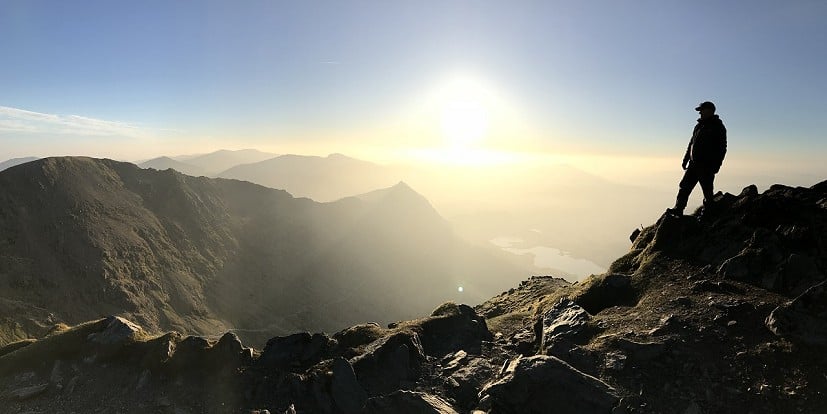
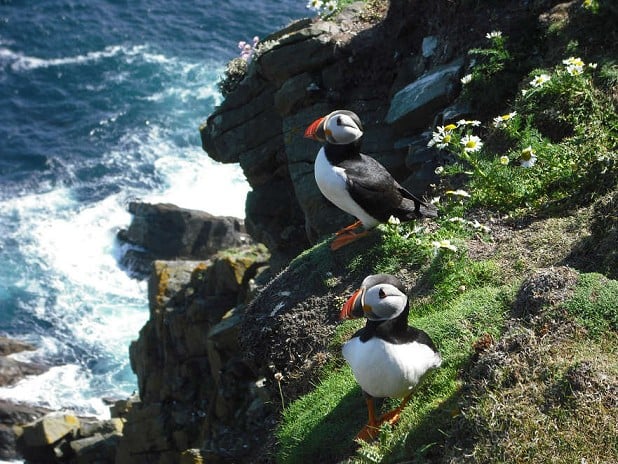

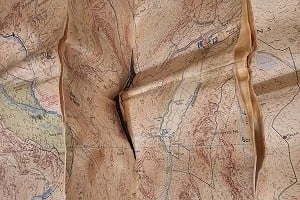
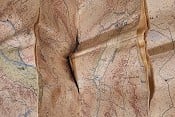
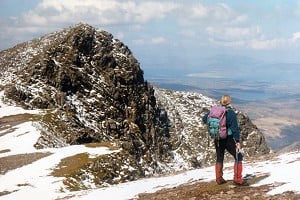
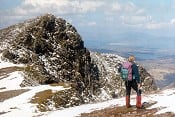
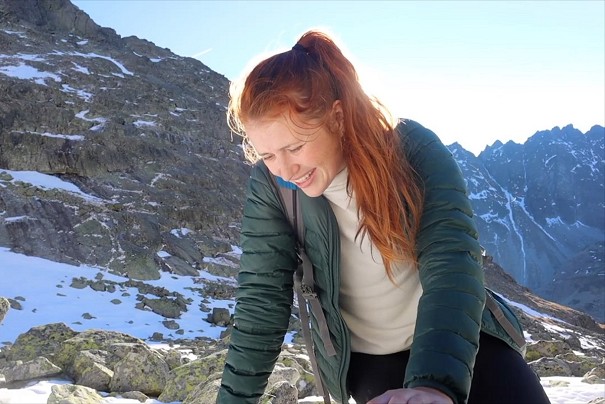
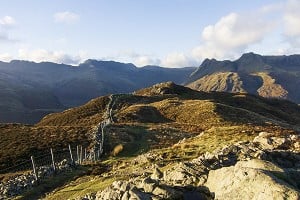
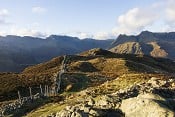
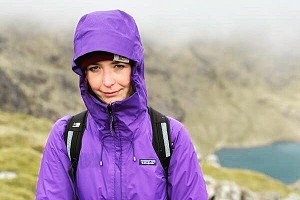
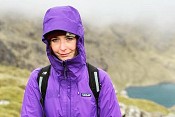
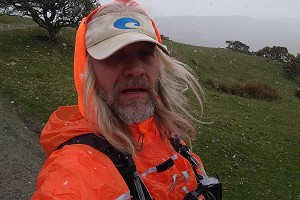
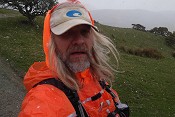
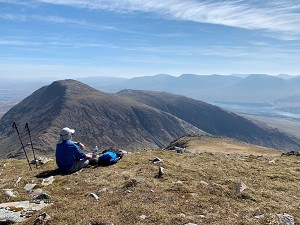
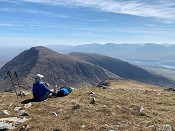
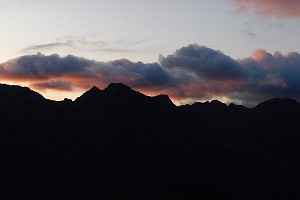

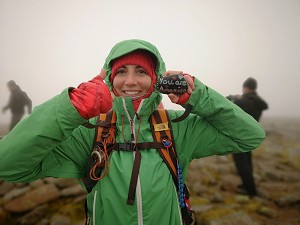
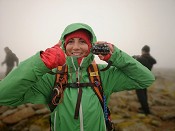
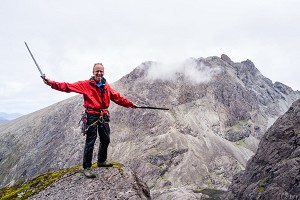
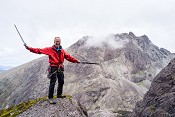
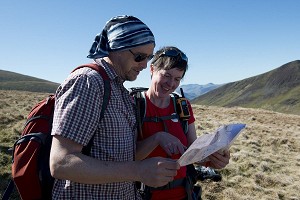
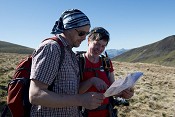
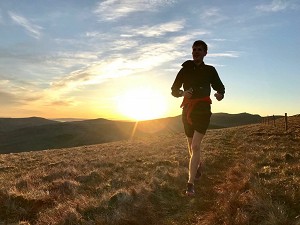
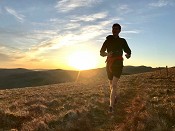
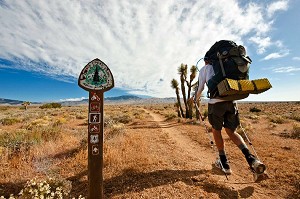
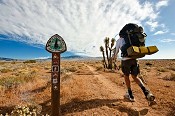
Comments